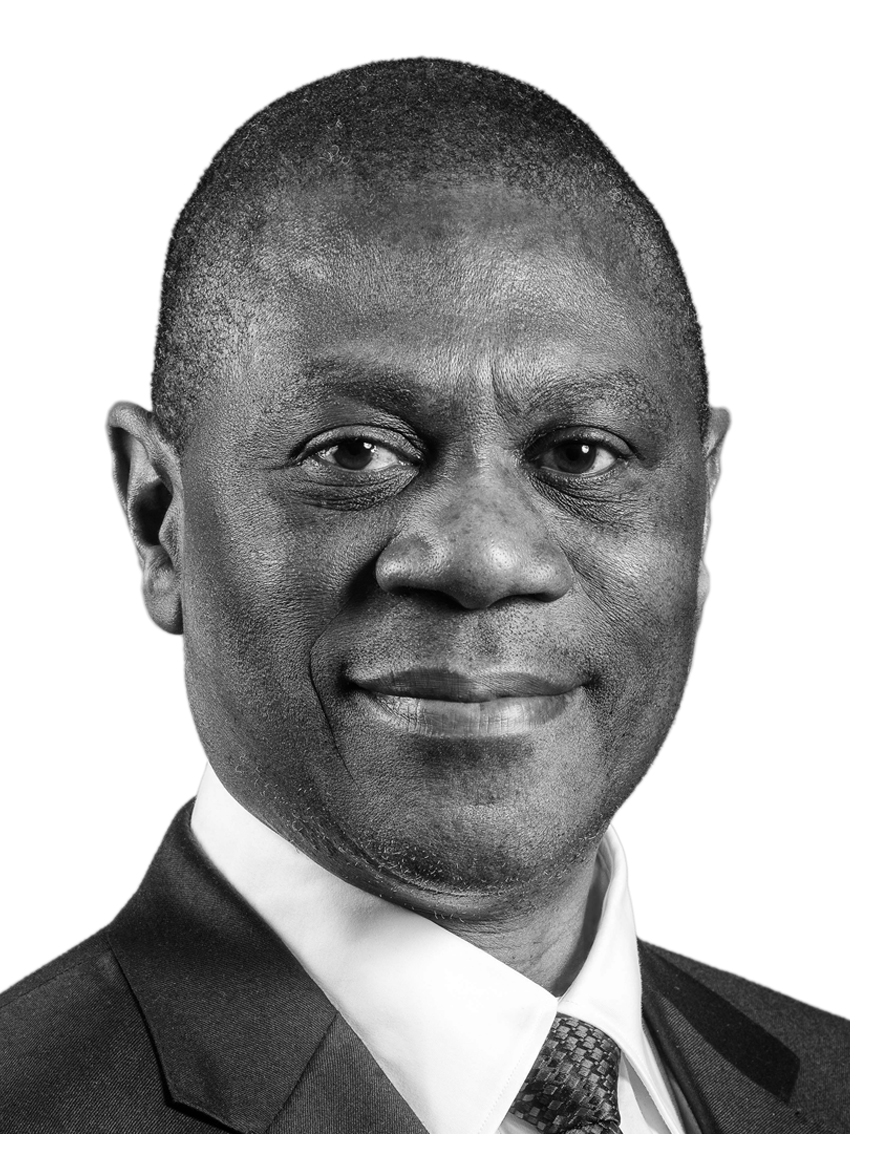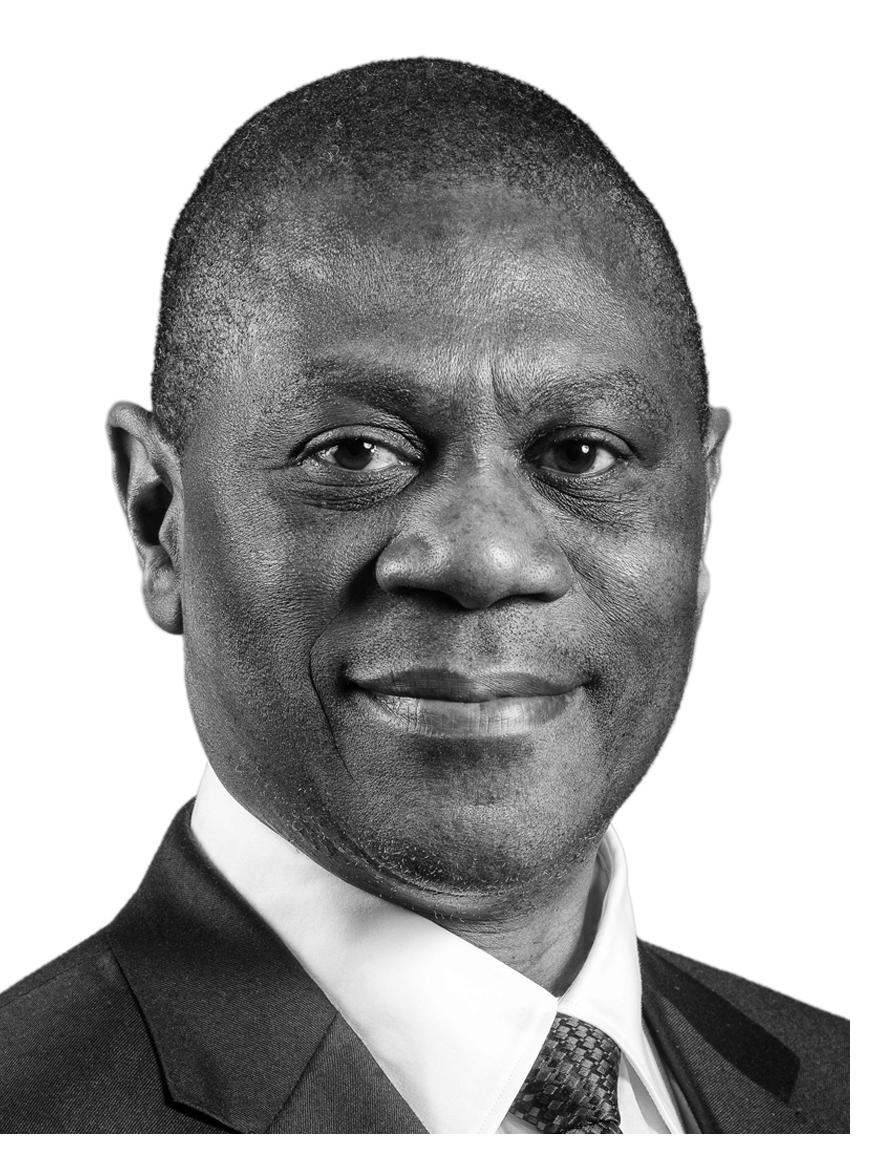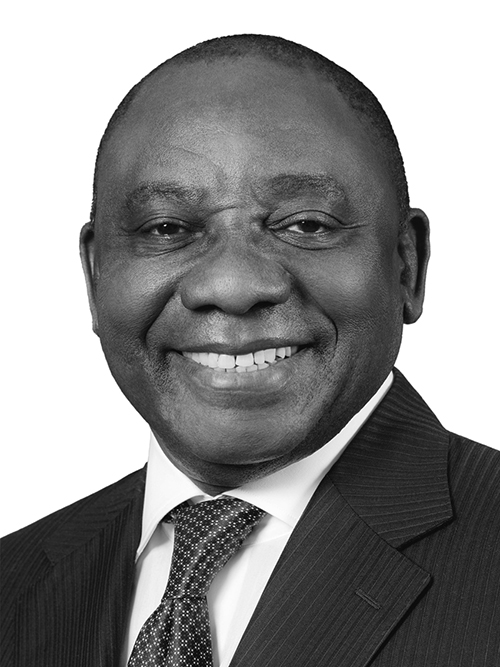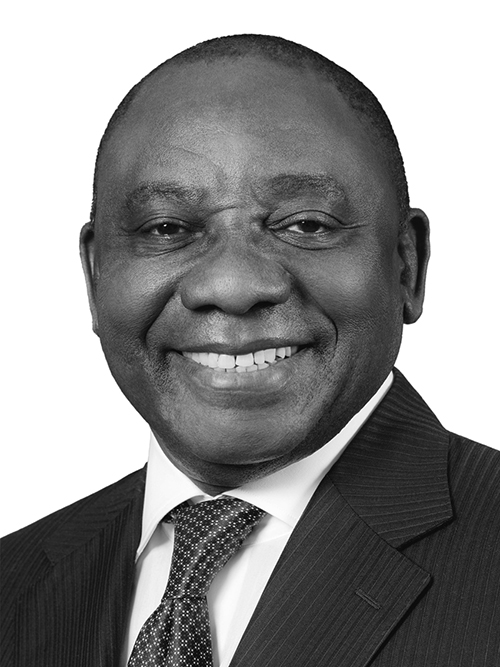Minister of Basic Education, Ms Siviwe Gwarube,
Deputy Minister of Finance, Mr Ashor Sarupen,
Director-General of the Department of Basic Education, Mr Mathanzima Mweli,
Chairperson of Business Leadership South Africa, Ms Nonkuleleko Nyembezi,
Distinguished Guests,
Ladies and Gentlemen,
We are all here today because of our shared belief in the profound importance of Bana Pele – putting children first.
This belief is the cornerstone of our vision for a brighter future for South Africa.
It is because of this shared vision that we unite and collaborate today, committed to ensuring that every child has the opportunity to learn, grow and thrive by the age of five.
Our immediate focus is to extend access to early childhood development to every child.
It is one of the most powerful levers we have to unlock the potential of our nation.
We recognise today that investing in ECD is not just about education.
It is about shaping the next generation of skilled, capable and entrepreneurial citizens who will drive our economy forward.
Early childhood development provides children with the foundational skills they need to build a successful future.
It helps to break the cycle of poverty that is handed down from one generation to the next.
Early childhood development is about giving children from all backgrounds the opportunity to grow into confident, capable citizens who contribute positively to society.
Children who receive a strong start are more likely to succeed in school and the workforce, reducing societal costs in areas such healthcare, crime prevention and welfare.
A research report published to coincide with Brazil’s G20 Presidency, estimated that in South Africa, an investment of 2.1 percent GDP in universal childcare could have supported 10.5 million women to join the workforce over three years.
Because of the profound effect that ECD can have on social well-being and development, we have decided to put our children first.
Last week, the Minister of Finance announced an additional investment of R10 billion in ECD over the next three years.
We are all aware of the statistic that 80 percent of children in South Africa are unable to read for meaning by the age of 10.
Early childhood is a critical for developing foundational skills such as language, literacy and numeracy.
The experiences and interactions children have can significantly influence their future learning potential.
This is why ECD must be treated as an urgent priority
We therefore welcome this wonderful initiative for business, civil society and government to work together to shape the future of early childhood development.
This initiative will assist the strategic reorientation of the basic education sector to strengthen foundation learning.
The benefits of universal access to ECD extend beyond the education of the child.
It helps to empower families to break free from the effects of poverty.
The initiative also emphasises the importance of early childhood development in a child's life, a period critical for cognitive and emotional development.
By focusing on comprehensive early childhood care and education, we can mitigate the disadvantages faced by many children due to poverty and lack of resources.
This holistic approach will ensure that children not only receive education but also proper nutrition, healthcare and a safe environment.
Investing in ECD yields significant economic returns.
Studies have shown that every rand spent on early childhood education can save up to seven rands in future costs associated with remedial education, social services and criminal justice.
The ripple effects of a robust ECD system are felt across generations, fostering a cycle of opportunity and growth.
We are determined that every child, regardless of their background or location, must have access to quality early education.
It is for this reason that the Department of Basic Education launched the Bana Pele Mass Registration Drive last year.
We call on all ECD programmes to register with the Department so that all our children can receive the start in life that they need and deserve.
We’ve seen time and time again how South Africa excels when we come together.
We have consistently shown that we can solve difficult problems when we unite for a common cause.
The Mass Registration Drive is an example of cross-sectoral collaboration at work.
We have an opportunity to rethink and restructure the entire ECD landscape, making it more effective, more inclusive and more impactful than ever before.
As South Africans, we have a clear goal for all our children: access to quality learning opportunities for an additional 1.3 million children by 2030.
This is why we are here today.
We need to create a collaborative framework for ECD. One that brings together government, business, donors, ECD workers and all other social partners.
This framework must ensure that all role-players work together at both the provincial and municipal levels to improve access to quality early childhood education.
Today, we have come together to explore new public-private partnerships, share innovative solutions and improve the community-based initiatives that are already making a difference.
As we move forward, we must remember that there is no greater cause than uniting for the benefit of our children.
Our future as a nation depends on the children we raise today.
We must commit to creating an environment where every child, no matter where they come from, has the opportunity to learn, to grow and to succeed.
Let us join hands and work together, as a united force, to achieve our shared vision of universal access to quality Early Childhood Development.
By doing so, we will not only secure the future of our children. We will secure the future of South Africa itself.
I thank you.











